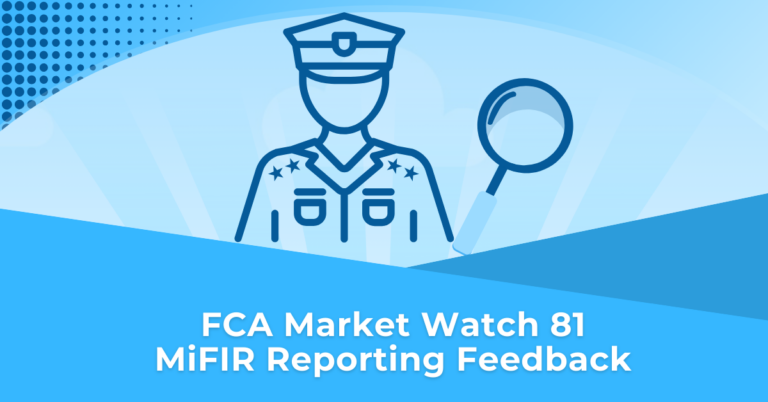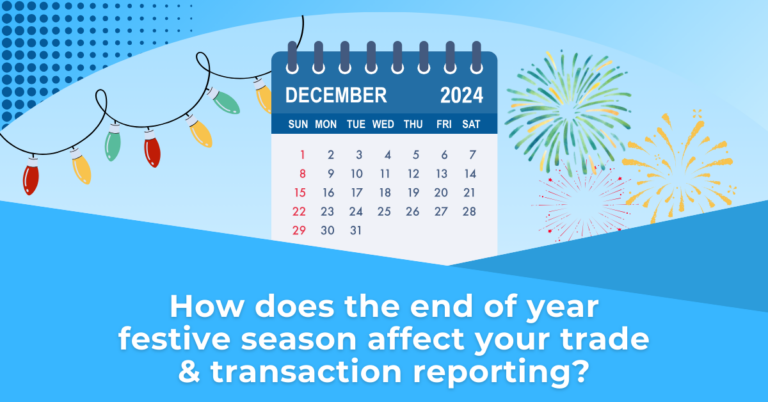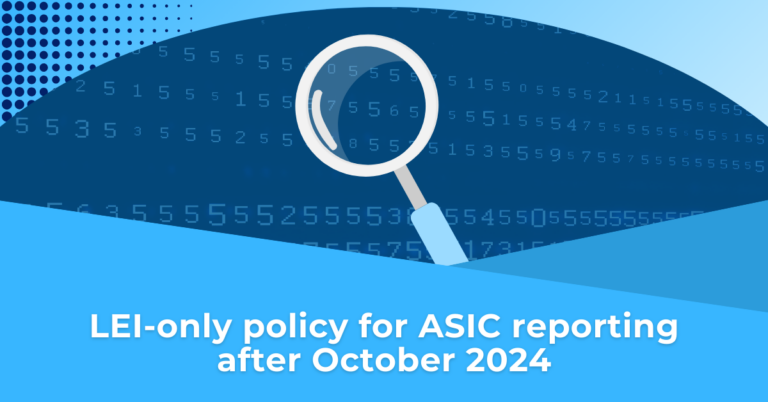Lifecycle Reporting Requirements
Since 21 October 2024, the ASIC Derivative Transaction Rules (Reporting) 2024 (2024 Rules) have required all OTC derivative products to be reported using the lifecycle method, with only small buy-side entities exempt from certain aspects.
Rule 2.2.8 of the 2024 Rules exempts the following from lifecycle reporting:
-
- small-scale buy-side transactions in all products except equity derivatives
ASIC considers the monitoring of reporting useful for monitoring market misconduct and the prevention of market abuse in these products.
What is the Difference Between Lifecycle and Snapshot Reporting?
Lifecycle reporting requires you to report the entry into, exit of, as well as any modification of an OTC derivative which occurred during the preceding business day. This is often referred to as ‘intraday reporting’.
Snapshot reporting, on the other hand, only requires you to report the positions which are open at the end of the business day. This is often referred to as ‘end-of-day reporting’.
If you would like to know more about how TRAction can assist you with lifecycle reporting or ASIC OTC derivative reporting generally, please contact us.
Previous Lifecycle Reporting Requirements
Prior to 20 October 2024, ASIC’s derivative transaction rules required reporting entities to use Lifecycle reporting for the following instrument types:
-
- CFDs;
-
- Margin FX;
-
- Equity derivatives.
Rule 2.2.8(3) of ASIC Derivative Transaction Rules (Reporting) 2022 allowed ASIC to determine certain derivatives to be “Excluded Derivatives” which requires lifecycle reporting, if ASIC concludes that the determination will have one of the following effects:
-
- enhance the transparency of information available to relevant authorities and the public;
-
- promote financial stability; or
-
- support the detection and prevention of market abuse.
You can access the ASIC instrument.
Further Information
Reporting entities need to consider their obligations and put procedures in place which promote compliance with the ASIC Derivative Transaction Rules (Reporting) 2024. Find out more about what needs to be reported.
Under ASIC’s Regulatory Guide (RG) 251, firms reporting OTC derivatives are required to make regular enquiries with their reporting delegate to ensure that the delegate continues to meet its obligations to report your trades (ASIC Reporting Rule 2.2.7).
As a reporting entity, you also need to take all reasonable steps to ensure the completeness, accuracy and currency of the information reported. (ASIC Reporting Rule 2.2.6). See what steps TRAction suggests.
ASIC currently requires OTC derivative transactions on CFDs, margin FX and equity derivatives to be reported using the ‘lifecycle’ method.
From 21 October 2024, this will be expanded even further to nearly all OTC derivatives. Read more.
Australia’s reporting regime requires both parties to a derivative transaction to report to an Australian Derivative Trade Repository (ADTR). However, there is relief from this principle allowing single-sided reporting, i.e. where only one party is required to report.
Read more for further details on single-sided reporting.
Firms can delegate their reporting under ASIC. Previous safe harbour provisions have now been removed from the ASIC rules. This means that firms need to implement greater monitoring and reconciliations of their ASIC trade reporting conducted by a third party.
For those firms delegating their reporting, we encourage you to build an understanding of how to conduct regular reconciliations and monitoring. TRAction have compiled resources for both clients and non-clients to assist with this process.. Read more.
TRAction has identified 4 common mistakes in ASIC trade reporting data. Ensuring the completeness and accuracy of your ASIC trade reporting is important and hence you should take time to review your reporting process against the list below:
- Only OTC derivatives trades need to be reported
- Only trades related to you (Australian entity) matter
- Reporting all trading platforms and systems
- Full visibility of your reportable trade accounts (only applicable to clients using MT4 API, MT4 & MT5 linked servers)
For TRAction’s guidance on how to prevent or rectify the above errors read more.
Are you aware of the penalties for non-compliance with ASIC’s trade reporting rules? Read more.
It’s a fair concern and it’s a question we’ve been asked by a few firms, so we’ve taken the time to answer the questions fully and share with the industry as a whole. In the case that the client is an individual, the ASIC Reporting Rules require a unique ID and the client’s legal name. No phone numbers, emails or address are required in the reports. Read more.





